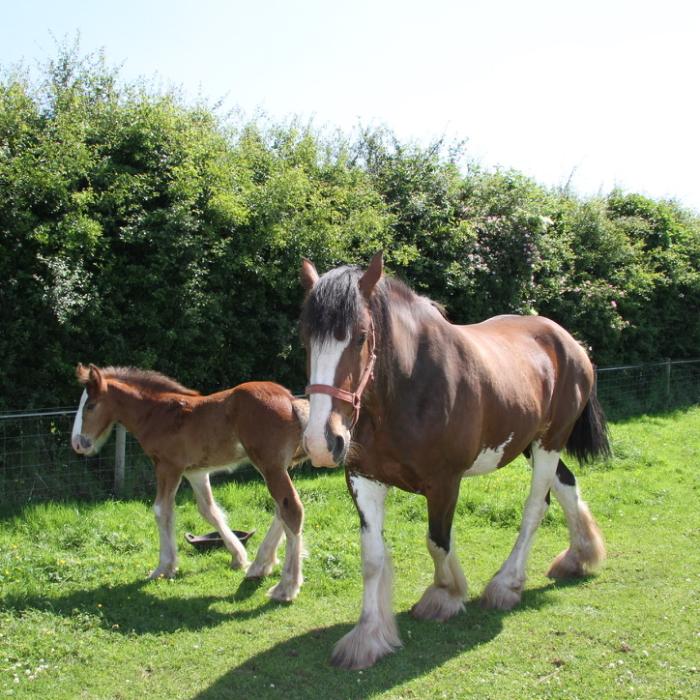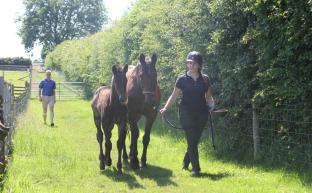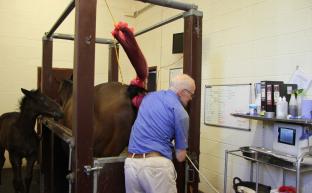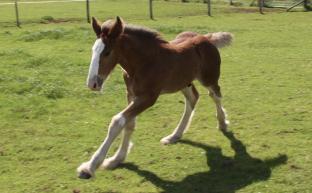New for 2021. All mares arriving for AI that will be resident or have potential to be resident at the practice require a negative strangles serology (blood sample) prior to arriving at the practice. More information can be found within the Strangles Policy
We have been a BEVA approved artificial insemination (AI) centre in the use of chilled and frozen semen since 2000. We have gained a vast range of experience in dealing with ‘problem’ mares and other fertility issues. Our dedicated equine team will strive to meet all of your mares’ individual needs and to contact you frequently with updates.
Our facilities include 18 individual paddocks with good grazing, stabling for any mares and foals that require housing and easily accessible and secure stocks for ultrasound scanning and insemination. We have an onsite semen store and handling facilities for frozen semen.
Our AI services are charged as a package per cycle. which includes the initial pre-breeding CEM swab through to the 14 and 28 day pregnancy scans. Further details can be found in our breeding brochure or please speak to one of the equine team.



